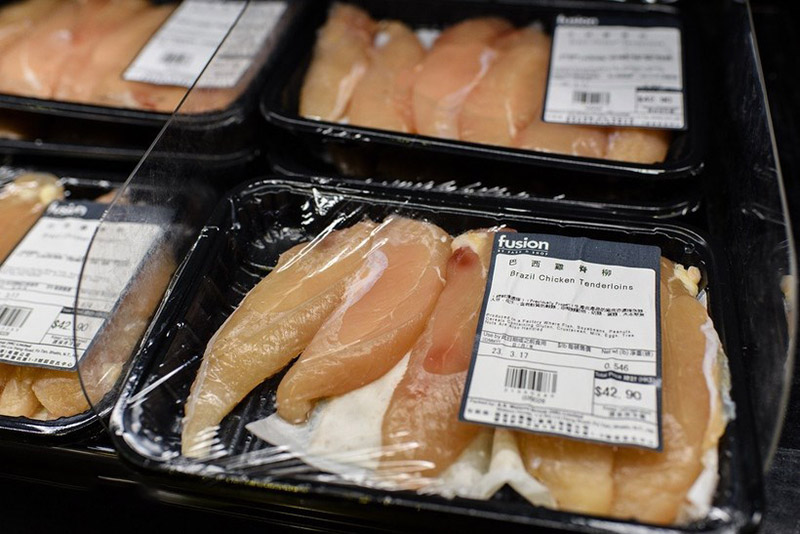The Poultry Farmers Association in Israel is voicing strong opposition to a plan by a major domestic food and beverage corporation to import frozen chicken for the first time.
The association warns that this move could cost many farmers and industry workers their jobs—particularly in areas along the Gaza border and the war-torn northern frontier—while also posing threats to food security and public health.
Baladi Group, headquartered near the southern city of Kiryat Malachi, specializes in importing, producing, and distributing food products such as meat, fish, and frozen vegetables. Earlier this year, the company announced to the Tel Aviv Stock Exchange a five-year agreement with a Brazilian plant to produce and distribute kosher chicken, along with a pledge to invest 21 million shekels (about USD 6.25 million) to adapt its production line. Baladi also committed to offering Israeli consumers high-quality kosher chicken at reasonable prices.

However, the Poultry Farmers Association reacted so strongly that it even launched a radio campaign to oppose the plan. The association’s secretary-general, Moti Elkabetz, declared that Baladi’s plan would “collapse the domestic market.”
While Israel does import beef due to demand exceeding local supply, Elkabetz pointed out that the country produces a surplus of chicken—around 260 million chickens annually—generating about 10 billion shekels (nearly USD 3 billion) in revenue.
Currently, Israel has the world’s highest per-capita chicken consumption—approximately 58.2 kg per person per year.
Elkabetz explained that freezing surplus chicken is the only tool the industry has to regulate prices and prevent retail chains from pressuring slaughterhouses. About 30% of Israel’s chicken production is frozen, mainly for institutions such as hotels, the military, and occasionally for the general public during holidays like Eid al-Fitr, when most Arab workers in the slaughter industry take time off.
Israel has around 600 large-scale chicken farms, mostly located in kibbutzim (collective farms) and moshavim (agricultural villages), many of which are situated along the Lebanese and Gaza borders. Small farmers have largely been pushed out of the sector due to low profit margins. In addition, many of Israel’s 20 kosher slaughterhouses are located in border areas such as Kiryat Shmona and Shlomi in the north, or Sderot in the south. An estimated 6,000 people are employed in related fields including slaughtering, transportation, and feed supply.
Source: Tạp chí chăn nuôi.

 Facebook
Facebook  Youtube
Youtube  VN
VN

 Youtube
Youtube  Linkedin
Linkedin  Facebook
Facebook 
